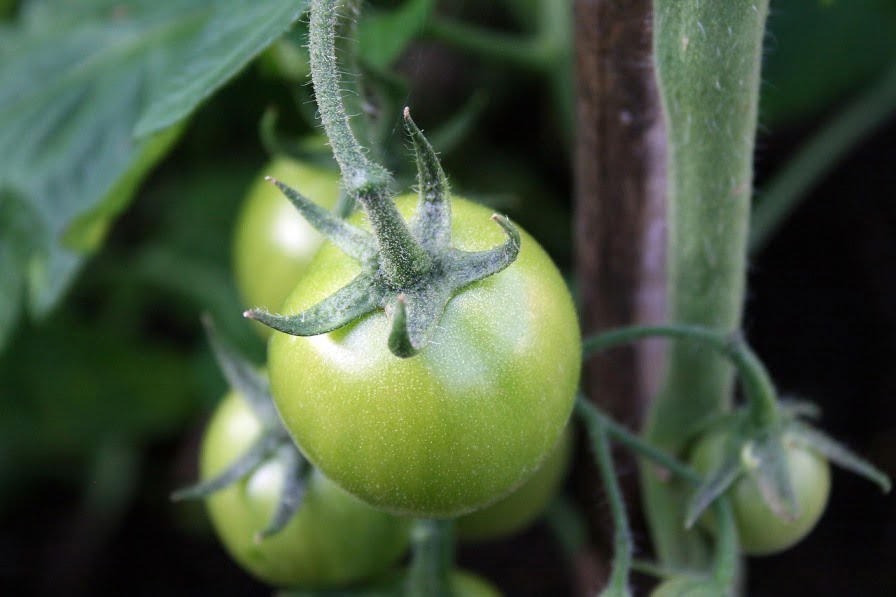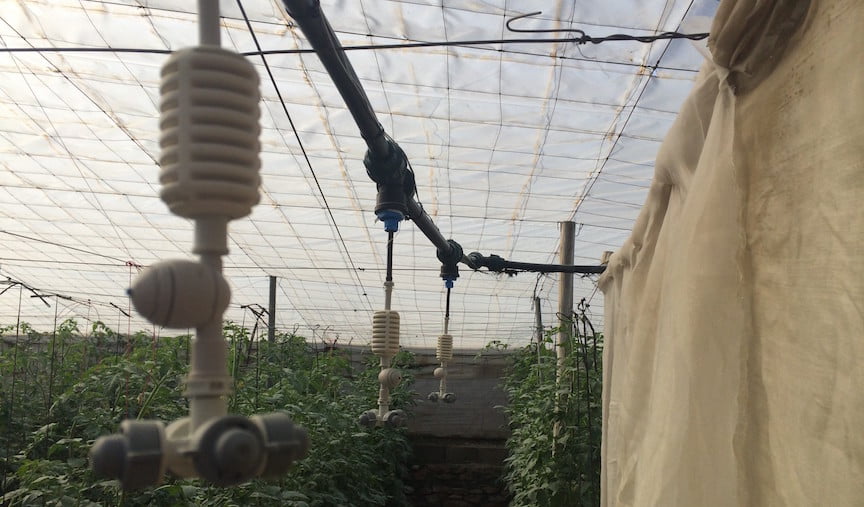This article was first published by The Times of Israel and was re-posted with permission.
Farmers face a major crisis today — a “damned if you do, damned if you don’t” crisis. Farmers need to keep their fields free of insects that eat crops and destroy their livelihood.
SEE ALSO: BioBee To Ship 600 Million Spiders To Colombia
However, the pesticides that are effective against those insects are causing major environmental damage, killing off not only pests, but helpful insects such as bees.
Studies have linked the disappearance of bees around the world, known as Colony Collapse Disorder, to the overuse of pesticides. Because bees are the effective pollinators of fruit trees — scientists believe that as much as one-third of human nutrition is due to bee pollination — fewer bees means less food. But without pesticides, bug infestations would rise significantly, causing just as many crop losses.
Fortunately, an Israeli startup has developed a middle way — a system that enables farmers to protect their crops, while avoiding the use of environment-destroying pesticides. And a new study conducted by that startup, EdenShield, showed just how effective are the company’s natural pesticides, which have been developed from plants and herbs.
In the study, greenhouses in Italy where tomatoes are grown using EdenShield’s GateKeeper prevented close to 100% penetration of pests and led to a reduction of over 80 percent in the use of pesticides.
Sign up for our free weekly newsletter
SubscribeSEE ALSO: Making Crops ‘Invisible’ To Pests
EdenShield, a portfolio company of Trendlines Agtech, develops insect-control solutions derived from natural plant extracts. The products are nontoxic, so they pose no danger to growers or consumers. And they can be used throughout the growing period, especially during the critical pre-harvest period.
According to D. Todd Dollinger of the Trendlines Agtech accelerator, EdenShield’s products “have the capacity to make a major impact on our food chain, making production more efficient and consumption healthier.”
To read the full article, click here.
Photos: Courtesy
Related posts

Resilient And Nutritious New Plant-Based Milk Aims To Make A Splash

Chocolate From Cultivated Cocoa Comes Without Environmental Toll

Plastic Fantastic: Startup Takes PVC Back To Its Crude Oil Roots






Facebook comments